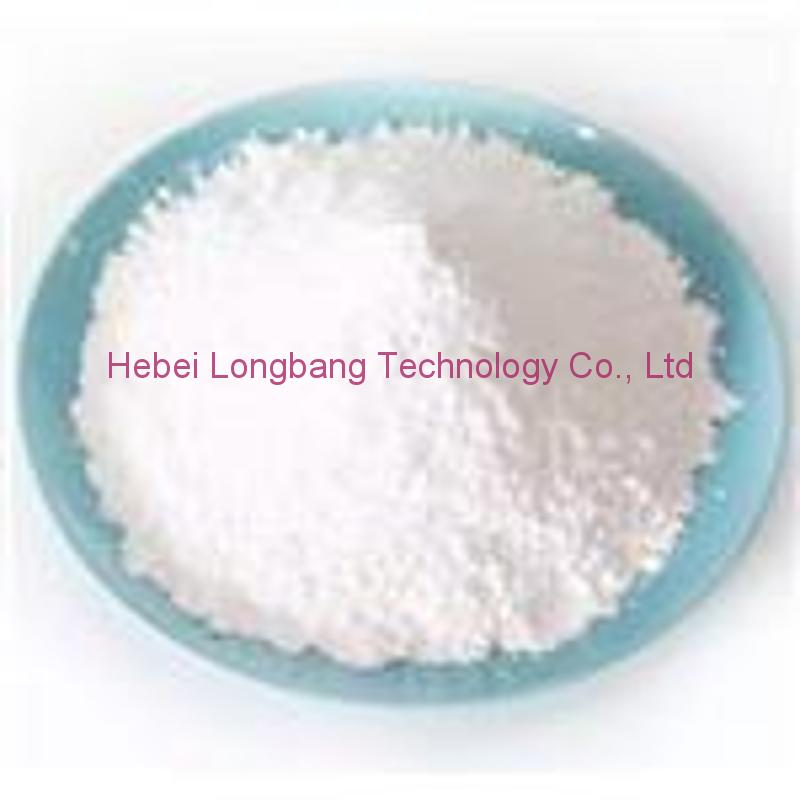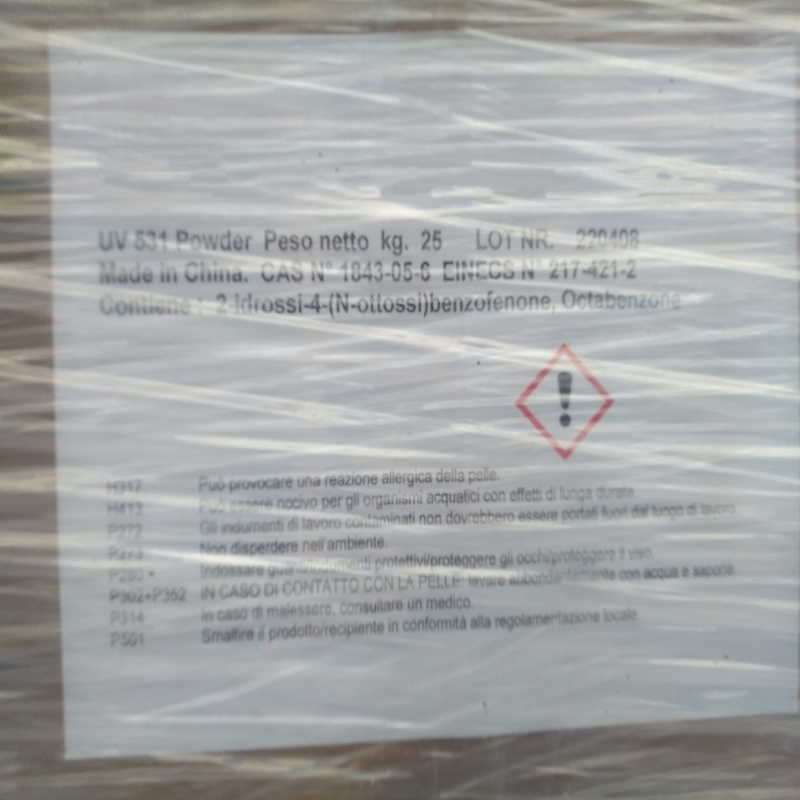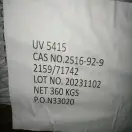-
Categories
-
Pharmaceutical Intermediates
-
Active Pharmaceutical Ingredients
-
Food Additives
- Industrial Coatings
- Agrochemicals
- Dyes and Pigments
- Surfactant
- Flavors and Fragrances
- Chemical Reagents
- Catalyst and Auxiliary
- Natural Products
- Inorganic Chemistry
-
Organic Chemistry
-
Biochemical Engineering
- Analytical Chemistry
-
Cosmetic Ingredient
- Water Treatment Chemical
-
Pharmaceutical Intermediates
Promotion
ECHEMI Mall
Wholesale
Weekly Price
Exhibition
News
-
Trade Service
The EU will reportedly lift import controls on Chinese solar panels and batteries in September, rejecting EU producers' demands
.
The European Commission, which coordinates EU trade policy, proposed rejecting the request for an "expiry review" and was supported
by most of the EU's 28 countries.
The EU first imposed anti-dumping and countervailing measures on Chinese solar panels, wafers and batteries in 2013 and extended them for 18 months in March 2017, making it clear they should end
.
Chinese manufacturers can sell
solar products duty-free if they sell them below or below the minimum price that has gradually declined.
If sold below that price, tariffs of up to 64.
9
% apply.
The interests of EU manufacturers and those importers and installers who are desperate to reduce the cost of solar power are delicately balanced
between those of EU manufacturers.
Given the impending trade war between the two sides over the issue in 2013, it is also concerned
about Beijing's response.
EU ProSun, the group of EU producers that launched its first complaint in 2012, said there were good reasons for the measures to be extended
.
Beijing's decision to restrict PV installations means that Chinese producers have more than 30 gigawatts of capacity transfer
.
For the U.
S.
market, almost no merchants can break into the U.
S.
after the U.
S.
tariffs are imposed.
In addition, India is the second and third largest market
behind China.
It is understood that the total market volume of the EU market is about 7 gigawatts
.
:/, please indicate the source for reprinting)
The EU will reportedly lift import controls on Chinese solar panels and batteries in September, rejecting EU producers' demands
.
The European Commission, which coordinates EU trade policy, proposed rejecting the request for an "expiry review" and was supported
by most of the EU's 28 countries.
The EU first imposed anti-dumping and countervailing measures on Chinese solar panels, wafers and batteries in 2013 and extended them for 18 months in March 2017, making it clear they should end
.
Chinese manufacturers can sell
solar products duty-free if they sell them below or below the minimum price that has gradually declined.
If sold below that price, tariffs of up to 64.
9
% apply.
The interests of EU manufacturers and those importers and installers who are desperate to reduce the cost of solar power are delicately balanced
between those of EU manufacturers.
Given the impending trade war between the two sides over the issue in 2013, it is also concerned
about Beijing's response.
EU ProSun, the group of EU producers that launched its first complaint in 2012, said there were good reasons for the measures to be extended
.
Beijing's decision to restrict PV installations means that Chinese producers have more than 30 gigawatts of capacity transfer
.
For the U.
S.
market, almost no merchants can break into the U.
S.
after the U.
S.
tariffs are imposed.
In addition, India is the second and third largest market
behind China.
It is understood that the total market volume of the EU market is about 7 gigawatts
.
:/, please indicate the source for reprinting)
/






